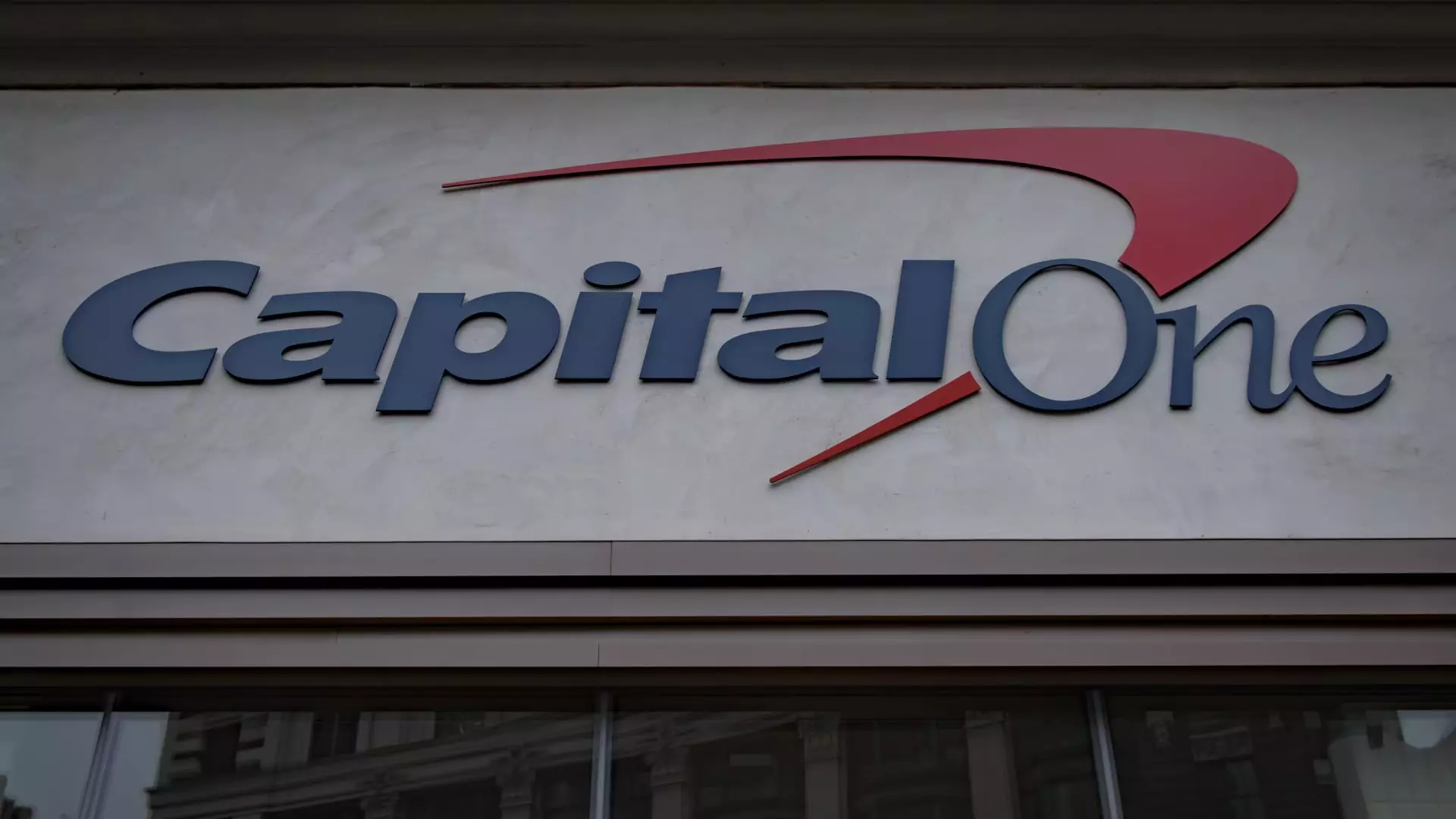In a landmark decision, Capital One Financial’s ambitious $35.3 billion all-stock acquisition of Discover Financial Services has received the green light from the Federal Reserve and the Office of the Comptroller of the Currency (OCC). This approval not only signifies a crucial step in the consolidation of financial services but also presents an opportunity for both entities to expand their market share in the competitive credit card landscape of the U.S. The regulators’ evaluation process was rigorous, focusing on essential factors such as financial stability, management capabilities, and the needs of the communities involved.
A Shift in Market Dynamics
The union of Capital One and Discover is poised to reshape the credit card issuing market significantly. Leveraging Discover’s renowned customer service and extensive credit infrastructure, Capital One will enhance its deposit base and diversify its credit card offerings. This strategic merger reflects a broader industry trend wherein financial institutions are increasingly looking to scale operations to meet evolving consumer demands. Such consolidations typically increase efficiency while allowing organizations to pool resources for more robust service offerings—a vital advantage in today’s digital-first banking environment.
Shareholder Value and Market Impact
In an impressive move, Capital One has promised Discover shareholders a premium of approximately 26% based on Discover’s last closing price of $110.49 before the announcement. This proposition not only incentivizes Discover’s investors but also reinforces Capital One’s commitment to creating value. Such a significant merger is expected to lead to a combined entity where Capital One shareholders will control 60% of the shares post-acquisition, allowing for strategic decisions that can channel the combined strengths of both companies effectively.
Addressing Compliance Challenges
An interesting layer to this merger lies in the conditions set forth by the regulatory bodies. The Federal Reserve has mandated that Capital One must adhere to certain compliance measures related to enforcement actions previously imposed on Discover. The fine of $100 million levied against Discover for overcharging interchange fees highlights the importance of transparency and accountability in the banking sector. A commitment to rectifying such past wrongs indicates that Capital One is not only focused on growth but is also aware of the ethical implications of its operations. This consideration is vital in restoring customer trust in the aftermath of compliance violations.
Anticipating the Future
With a target closing date set for May 18, 2024, observers are keenly watching how this transformative merger unfolds. While many are optimistic about the potential synergies that could arise from this alliance, it remains essential to monitor the corporate culture integration and the overall customer experience. As competition heats up among credit card issuers, ensuring that both companies uphold their quality service promises will be crucial for consumer loyalty moving forward. The successful marriage of these two financial giants could set a new precedent in the industry, showcasing how thoughtful mergers can empower growth and innovation in banking.

